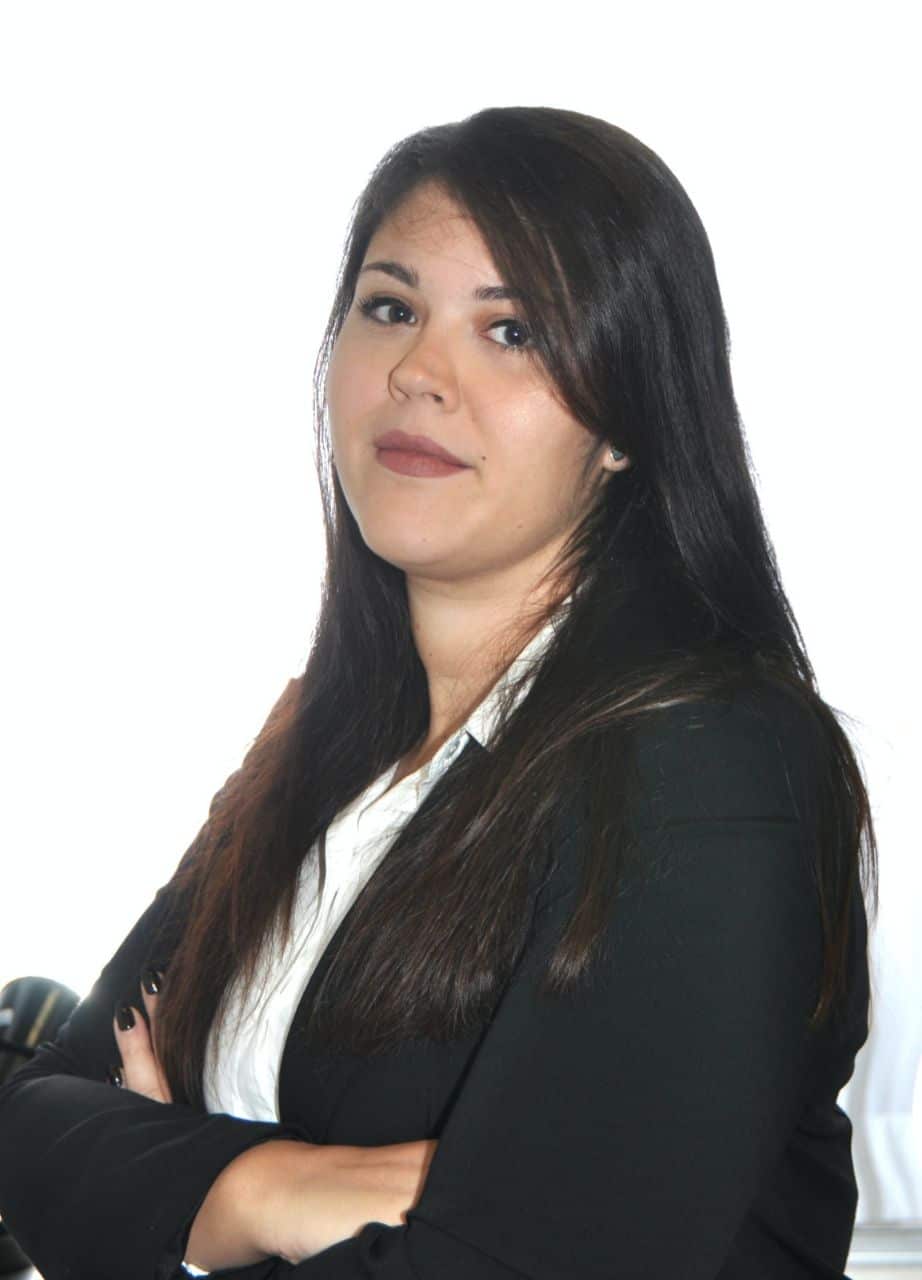The legality of cryptocurrencies is not yet well defined and clear in Sri Lanka.
The Central Bank of Sri Lanka (CBSL) has highlighted its intention to support digital currencies, although it will probably take at least 5 years for the cryptocurrency sector to develop in the country.
The reason for this is because Internet use is relatively low in the country and the population has minimal knowledge about Bitcoin. Nevertheless, selling or buying cryptocurrencies in Sri Lanka is not against the law.
The CBSL, being aware of the growing interest both nationally and internationally in cryptocurrencies such as Bitcoin, Ethereum and Litecoin, has decided to implement the development of a blockchain-based Know Your Customer (KYC) platform.
The CBSL has thus expressed itself in a call published on the website on November 29th of last year:
“The increasing demand for digitalized financial services has created an opportunity for Sri Lanka to evaluate the possibility of adopting Blockchain Technology to further advance Sri Lanka’s financial sector”.
Furthermore, in a press release, the Central Bank added that the creation of the KYC platform would increase both efficiency and inclusion in the economic-financial sector in Sri Lanka.
The creation of a distributed KYC system would allow commercial banks and the government to share and update customer data on the blockchain. This encouraged the bank to look for technology companies that would be able to help.
In selecting the companies with whom to share and develop the KYC system, the bank has taken into account the combined possession of two requirements:
- At least two years of experience and operations in the blockchain sector;
- Successful experience in launching mobile applications contemporary to modern software development.
Crypto startups in Sri Lanka
However, this is not the only blockchain project of the Sri Lankan Government.
The state, thanks to Oxfam, an international non-profit poverty alleviation organization, has worked with Aon, a British international risk and human resources advisory group in the insurance industry, to create a blockchain-based insurance platform to help Sri Lanka’s most profitable sector: agriculture.
The Etherisc startup, which uses Ethereum in the insurance world to develop decentralized insurance apps, also participated in the established partnership to provide insurance at affordable prices to small rice farmers with very low incomes.
The aim of this partnership is to have farmers take out microinsurance policies to cover the risk of losing their crops and to simplify a complex process due to the inexperience of farmers in this sector.
Etherisc’s Chief Inclusion Officer, Michiel Berende, underlined the importance of this project as a good driver for economic development in Sri Lanka:
“Farmers represent a third of the workforce and account for almost 20 percent of the economy, yet very few have insurance. This made Sri Lanka a perfect candidate to feel the benefits of decentralized, collaborative and automated insurance. This alliance is really a cooperation between all and showcases blockchain for social good”.




